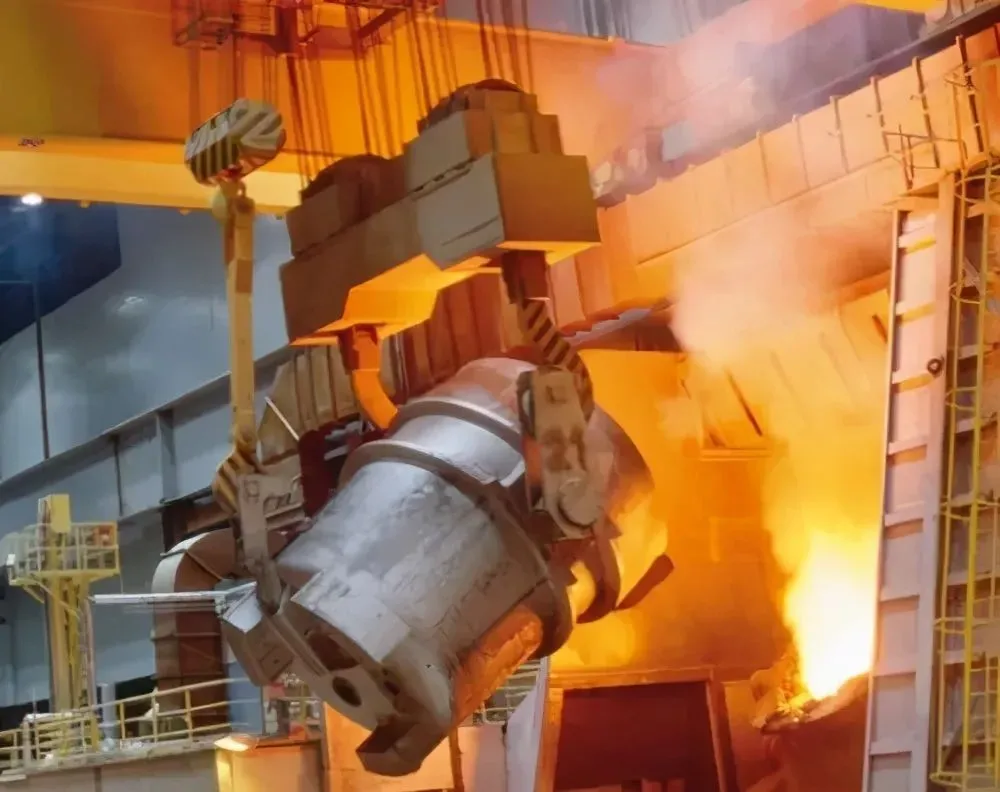Mobile:+86-311-808-126-83
Email:info@ydcastings.com
English
types of pipe caps
Understanding the Different Types of Pipe Caps
Pipe caps are essential components in various industries, serving numerous purposes in the maintenance and installation of piping systems. These devices are primarily used to seal the ends of pipes, preventing the ingress of debris and contaminants while maintaining system integrity. Understanding the types of pipe caps available can help in selecting the right one for specific applications.
1. Material Types
Pipe caps come in a variety of materials, each chosen based on the application requirements. Common materials include
- Steel Carbon steel caps are often used in high-pressure applications due to their strength and durability. They are typically coated to resist corrosion. - Stainless Steel Known for their resistance to corrosion and oxidation, stainless steel caps are ideal for harsh environments, including chemical processing and marine applications. - Plastic PVC and CPVC caps are widely used in plumbing and irrigation systems. They are lightweight, resistant to corrosion, and are suitable for lower pressure applications. - Copper Commonly used in water supply lines, copper caps are noted for their durability and resistance to biofouling.
2. Types of Pipe Caps
Pipe caps can be categorized based on their design and application
- Flat Caps These have a flat surface and are simple to install. They are often used in lower-pressure systems where a tight seal is not crucial.
- Beveled Caps These caps come with beveled edges, which help in facilitating welding. They are most commonly used in high-pressure applications, as they provide a better seal and structural integrity.
- End Caps Specifically designed to cover the ends of pipes, these caps can feature threads for additional security
. They are often used in plumbing systems to prevent leakage.types of pipe caps

- Threaded Caps As the name suggests, these caps are fitted with internal threads that allow them to screw onto the threaded ends of pipes. These provide a secure fit and are common in systems requiring frequent disconnection.
- Swing Caps These are typically utilized in gas pipelines and are designed to allow pressure to escape when necessary while still providing a seal.
3. Applications of Pipe Caps
Pipe caps have a wide range of applications across different sectors
- Oil and Gas Used for sealing pipe ends to ensure safety and prevent spills. - Water Supply Used to terminate or plug water lines to prevent leaks.
- Chemical Processing Used in systems transporting chemicals, where a robust and corrosion-resistant seal is essential.
- Construction Used to cap pipes temporarily during construction, ensuring that they remain free from debris.
Conclusion
In conclusion, pipe caps are vital components that play a significant role in various industries. Their versatility in materials and designs allows them to cater to specific requirements, ensuring the safety and durability of piping systems. Understanding the different types of pipe caps and their applications can greatly enhance the efficiency and functionality of any piping project. Whether for industrial use, plumbing, or construction, selecting the appropriate pipe cap is crucial for optimal performance and reliability.
-
Materials Used in Manufacturing Cap End Pipe FittingsNewsNov.24,2025
-
Material Properties of CF8M CastingNewsNov.24,2025
-
How to Inspect Pump Cap Ends for DamageNewsNov.21,2025
-
Backward Curved Impeller – Efficient Airflow Solutions for Industry | YD CastingsNewsNov.21,2025
-
Automobile Water Pump - Efficient, Quiet, Durable & ElectricNewsNov.21,2025
-
Impeller for Pumps – High-Efficiency, Durable, OEM-ReadyNewsNov.21,2025











